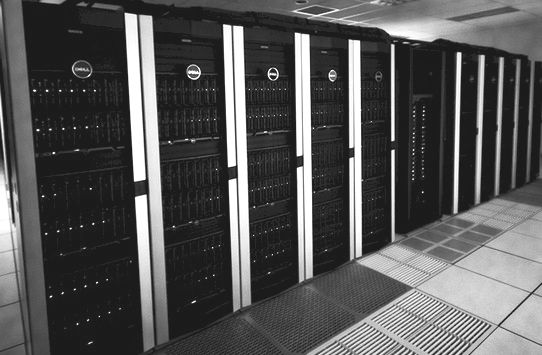
When HPC Becomes Normal
Sometimes, it seems that people are of two minds about high performance computing. …

Sometimes, it seems that people are of two minds about high performance computing. …
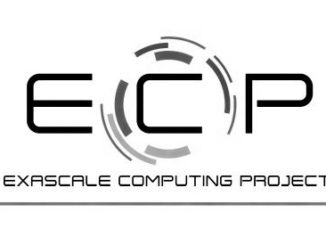
If money was no object, then arguably the major nations of the world that always invest heavily in supercomputing would have already put an exascale class system into the field. …

The supercomputing industry is as insatiable as it is dreamy. We have not even reached our ambitions of hitting the exascale level of performance in a single system by the end of this decade, and we are stretching our vision out to the far future and wondering how the capacity of our largest machines will scale by many orders of magnitude more. …

It is an accepted principle of modern infrastructure that at a certain scale, customization like that done by Google, Amazon Web Services, Microsoft, or Baidu pays off. …
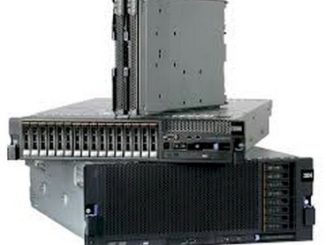
When IBM sold off its System x division to Lenovo Group in the fall of 2014, some big supercomputing centers in the United States and Europe that were long-time customers of Big Blue had to stop and think about what their future systems would look like and who would supply them. …

When supercomputer maker SGI tweaked its NUMA server technology to try to pursue sales in the datacenter, the plan was not to go it alone but rather to partner with the makers of workhorse Xeon servers that did not – and would not – make their own big iron but who nonetheless want to sell high-end machines to their customers. …

Converged systems are a hot commodity in the IT sector these days. …
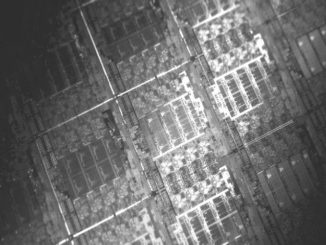
We don’t have a Moore’s Law problem so much as we have a materials science or alchemy problem. …
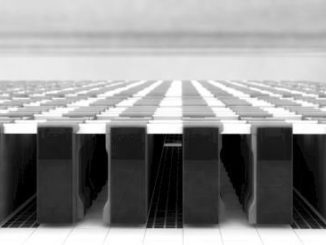
The rumors that supercomputer maker Fujitsu would be dropping the Sparc architecture and moving to ARM cores for its next generation of supercomputers have been going around since last fall, and at the International Supercomputing Conference in Frankfurt, Germany this week, officials at the server maker and RIKEN, the research and development arm of the Japanese Ministry of Education, Culture, Sports, Science and Technology (MEXT) that currently houses the mighty K supercomputer, confirmed that this is indeed true. …
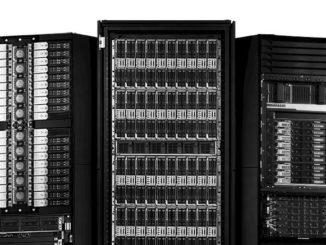
Sales of HPC systems were a lot brisker in 2015 than anticipated, and according to the latest prognostications from the market researchers at IDC presented from the International Supercomputing Conference in Frankfurt, Germany this week, growth in the HPC sector will continue to outpace that of the overall IT market for many years to come. …
All Content Copyright The Next Platform